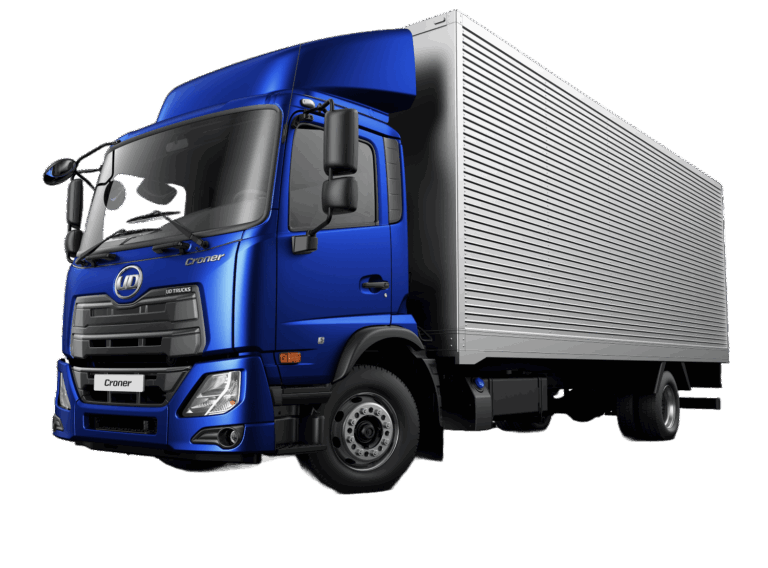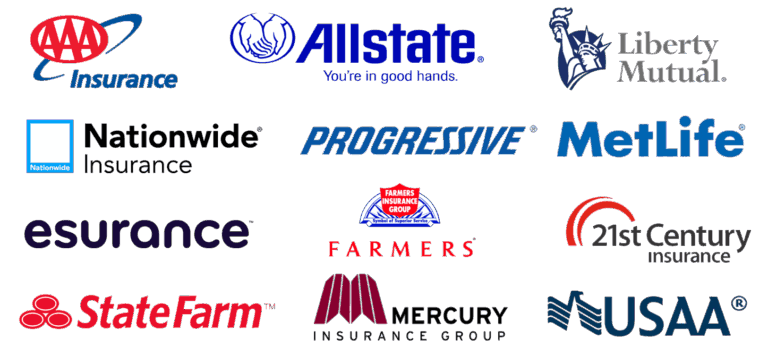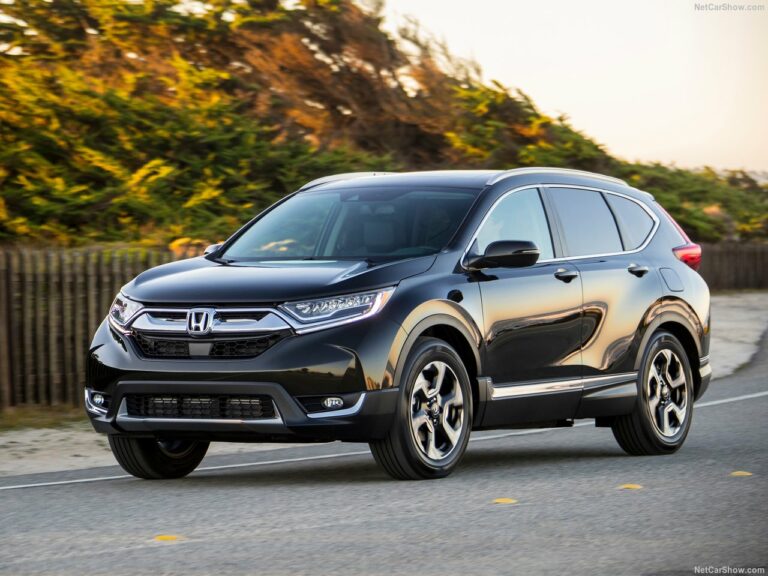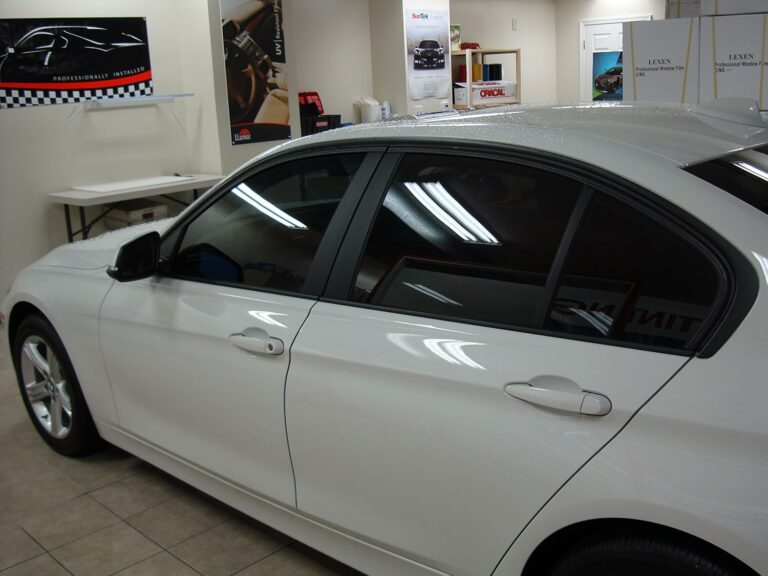Can You Lock A U-Haul Hitch? A Comprehensive Guide to Securing Your Rental Trailer
Can You Lock A U-Haul Hitch? A Comprehensive Guide to Securing Your Rental Trailer cars.truckstrend.com
Moving is a significant undertaking, often involving the transportation of cherished belongings, important documents, and valuable equipment. When you rent a U-Haul trailer, you’re entrusting a substantial part of your life’s possessions to a piece of rented machinery. A common and critically important question that arises for many renters is: "Can you lock a U-Haul hitch?" The answer, unequivocally, is yes, and doing so is not just a good idea, but a vital step in safeguarding your peace of mind and your valuables.
This comprehensive guide will delve into the mechanisms of U-Haul hitches, the compelling reasons to secure them, the various types of locks available, and practical advice on how to implement effective security measures. Understanding these aspects empowers you to take proactive steps against theft and unauthorized access, ensuring your moving experience is as smooth and secure as possible.
Can You Lock A U-Haul Hitch? A Comprehensive Guide to Securing Your Rental Trailer
Understanding the U-Haul Hitch Mechanism
Before discussing how to lock it, it’s essential to understand the basic mechanism of a U-Haul trailer hitch. U-Haul trailers typically utilize a standard ball coupler system. This system consists of:
- The Coupler: This is the part of the trailer that fits over the tow ball on your vehicle’s hitch. It’s designed to securely latch onto the ball, allowing for safe towing.
- The Latch/Lever: A movable mechanism on the coupler that opens and closes, allowing the coupler to be placed onto or removed from the tow ball. When closed, it secures the trailer to the ball.
- Safety Chains: In addition to the coupler, trailers have safety chains that cross under the hitch and attach to your vehicle. These act as a backup in case the primary hitch connection fails.
While the coupler system is robust for towing, its inherent design means that the latch can be opened relatively easily by anyone, allowing the trailer to be detached. This vulnerability is precisely why locking the hitch becomes paramount.

Why Lock Your U-Haul Hitch? The Imperative of Security
The decision to lock your U-Haul hitch isn’t just about caution; it’s about crucial protection for several reasons:
- Theft of the Entire Trailer: U-Haul trailers themselves are valuable assets. Opportunistic thieves might target an unlocked trailer, especially if it appears to be unattended.
- Theft of Contents: This is often the primary concern. Whether it’s furniture, electronics, personal documents, or business inventory, the contents of a U-Haul trailer can be highly valuable and irreplaceable. An unlocked hitch makes it easy for thieves to drive away with everything inside.
- Unauthorized Detachment/Tampering: Even if a thief doesn’t intend to steal the entire trailer, an unlocked hitch makes it susceptible to tampering. Someone could detach it as a prank, or with malicious intent, creating a dangerous situation on the road.
- Peace of Mind: During long drives, overnight stops, or even quick errands, knowing your trailer is securely locked provides invaluable peace of mind, allowing you to focus on the task at hand rather than constantly worrying about your belongings.
- Rental Contract Responsibility: While U-Haul typically does not provide locks, their rental agreement generally holds you responsible for the equipment. Securing the trailer demonstrates due diligence and can be important if theft occurs.
Types of Hitch Locks for U-Haul Trailers
Securing a U-Haul hitch isn’t a one-size-fits-all solution. Different types of locks offer varying levels of security and are suitable for different scenarios. Layering these security measures often provides the best protection.
1. Coupler Locks (Ball Locks)
- Description: These locks are designed to fit directly into the U-Haul trailer’s coupler when the trailer is detached from a vehicle. They mimic a tow ball, preventing another ball from being inserted and the trailer from being hooked up.
- Pros: Highly effective at preventing the trailer from being hitched to another vehicle. Simple to use.
- Cons: Can only be used when the trailer is detached. Does not provide security while the trailer is attached to your vehicle.
- Common Types: "Deadbolt" style ball locks, "puck" style locks.
2. Coupler Latch Locks (Pin Locks)
- Description: These locks secure the latch or lever mechanism on the U-Haul coupler itself. They are typically a pin that goes through a hole in the latch, preventing it from opening.
- Pros: Can be used both when the trailer is attached to your vehicle and when it is detached. Prevents the latch from being opened and the trailer from being removed from the ball (when attached) or from being hitched (when detached).
- Cons: While effective, if only this lock is used when detached, a determined thief might still be able to manipulate the coupler if it’s not a snug fit, or if the pin itself is vulnerable.
- Compatibility: Ensure the pin diameter and effective length fit the U-Haul coupler’s latch hole.
3. Receiver Hitch Pin Locks (for your vehicle’s receiver)
- Description: While not directly locking the U-Haul trailer’s hitch, these locks secure your ball mount (the piece with the tow ball) into your vehicle’s receiver.
- Pros: Prevents the theft of your entire ball mount assembly and, consequently, your trailer if it’s attached. It’s a critical component of overall towing security.
- Cons: Does not prevent the U-Haul trailer from being unhitched from your ball mount if only the U-Haul coupler itself is unlocked.
- Importance: Essential for securing your towing setup.
4. Wheel Locks/Chocks
- Description: These are physical devices that clamp onto the trailer’s wheels, preventing them from rolling. Some also cover the lug nuts to prevent wheel removal.
- Pros: Excellent physical deterrent, adds a layer of security by making it difficult or impossible to move the trailer.
- Cons: Bulky, doesn’t directly secure the hitch, but complements other hitch locks effectively.
5. Chains/Cables
- Description: Heavy-duty chains or cables with padlocks can be used to secure the trailer’s frame to an immovable object (e.g., a pole, tree, or another vehicle).
- Pros: Strong physical deterrent, especially useful for long-term parking or in areas without constant supervision.
- Cons: Requires a suitable anchor point, can be cut with specialized tools.
How to Lock Your U-Haul Hitch: A Step-by-Step Guide
Implementing the right security measures depends on whether your U-Haul trailer is attached to your vehicle or detached.
When Detached (e.g., overnight parking, storage)
This is the most vulnerable state for a trailer, as it can be easily hooked up to another vehicle and driven away.
- Use a Coupler Lock (Ball Lock):
- Once the trailer is detached from your vehicle, lift the coupler latch.
- Insert the coupler lock (the "ball" part) fully into the coupler.
- Lower the latch to secure the coupler lock in place.
- Lock the mechanism with the key. The coupler should now be unable to accept a tow ball.
- Add a Coupler Latch Lock (Pin Lock) (Optional, for redundancy):
- If your coupler has a hole in the latch, you can also insert a coupler latch lock through it and secure it, further preventing the latch from being opened.
- Deploy Wheel Locks/Chocks:
- Place wheel chocks under the wheels to prevent rolling.
- For enhanced security, use a wheel clamp lock on one or more wheels.
- Chain it to an Immovable Object (If Possible):
- If parking in a yard or secure location, use a heavy-duty chain and padlock to secure the trailer frame to a sturdy, fixed object.
When Attached to Your Vehicle (e.g., during stops, while driving)
While attached, the primary concern is preventing unauthorized detachment.
- Use a Coupler Latch Lock (Pin Lock):
- After hitching the U-Haul trailer to your vehicle’s tow ball and lowering the coupler latch, locate the hole in the latch mechanism.
- Insert the pin of your coupler latch lock through this hole.
- Secure the lock with the key. This prevents anyone from simply opening the latch and unhitching the trailer.
- Ensure Your Receiver Hitch Pin is Locked (for your vehicle):
- If your ball mount is secured to your vehicle’s receiver with a standard clip, replace it with a locking receiver hitch pin. This prevents someone from stealing your entire ball mount (and the attached trailer) from your vehicle.
Important Considerations and Practical Advice
- U-Haul’s Policy: U-Haul typically does not provide hitch locks with their rentals. It is the renter’s responsibility to acquire and use appropriate security measures. Factor this into your moving budget.
- Choosing the Right Lock:
- Size: U-Haul trailers commonly use 2-inch or 2 5/16-inch tow balls. Ensure your coupler lock matches the ball size the trailer is designed for. Coupler latch locks usually have universal pin diameters, but check the effective length to ensure it spans the latch.
- Weather Resistance: Choose locks made from hardened steel, brass, or other corrosion-resistant materials, especially if you’ll be traveling in varying weather conditions.
- Keying: Consider buying multiple locks from the same brand that can be "keyed alike" to reduce the number of keys you need to carry.
- Layered Security: The most effective strategy is to use multiple types of locks. For example, a coupler lock and a wheel lock when detached, or a coupler latch lock and a receiver hitch pin lock when attached.
- Visibility as a Deterrent: While you want a strong lock, a brightly colored or highly visible lock can sometimes deter opportunistic thieves who prefer an easier target.
- Maintenance: Keep your locks clean and lubricated, especially in harsh weather, to prevent seizing.
- Insurance: Check your personal auto or renter’s insurance policy to understand what coverage, if any, you have for rented equipment and the contents within. Standard policies may not cover rented trailers or their contents in case of theft. You might need supplemental insurance.
- Parking Location: Whenever possible, park your U-Haul trailer in well-lit areas, preferably with surveillance cameras, or in secure, attended lots. Avoid isolated or poorly visible locations.
Potential Challenges and Solutions
- Lost Keys: Always have a spare key for your locks. Consider keeping one with a trusted family member or in a secure location separate from your primary set.
- Stuck Locks: Lubrication (like graphite or silicone spray) can often free a sticky lock. Avoid using oil-based lubricants that can attract dirt. If a lock is frozen, try warming it gently.
- Incorrect Lock Size: Measure the U-Haul coupler opening or the latch pinhole before purchasing locks. U-Haul staff can usually confirm the correct ball size for the trailer you’re renting.
- Overconfidence: Remember that no lock is impenetrable. Locks are deterrents designed to slow down or discourage thieves. Layered security and smart parking choices significantly increase protection.
Price Table: Common Hitch Lock Types for U-Haul Trailers
| Lock Type | Estimated Price Range (USD) | Key Feature / Benefit |
|---|---|---|
| Coupler Lock (Ball Lock) | $20 – $60 | Fits inside detached coupler, prevents hitching. |
| Coupler Latch Lock (Pin Lock) | $15 – $40 | Secures coupler latch, usable attached or detached. |
| Receiver Hitch Pin Lock | $15 – $50 | Secures ball mount to vehicle’s receiver. |
| Wheel Lock (Clamp Style) | $40 – $100 | Clamps onto wheel, prevents rolling/theft of wheel. |
| Heavy-Duty Chain & Padlock | $30 – $80+ (for chain) | Physical tether to immovable object, strong deterrent. |
Note: Prices are estimates and can vary widely based on brand, material quality, security features, and retailer.
Concluding Summary
The answer to "Can you lock a U-Haul hitch?" is a resounding yes, and it’s an action every U-Haul renter should seriously consider. From basic coupler locks to advanced wheel clamps and robust chains, a variety of tools are available to enhance the security of your rented trailer and its valuable contents. By understanding the different types of locks, knowing when and how to apply them, and adopting a mindset of layered security, you can significantly reduce the risk of theft and tampering. Investing in a few quality locks is a small price to pay for the invaluable peace of mind and protection of your belongings during your move.
Frequently Asked Questions (FAQ)
Q1: Does U-Haul provide locks for their trailers?
A1: No, U-Haul typically does not provide hitch locks with their trailer rentals. Renters are responsible for acquiring and using their own security measures.
Q2: What size lock do I need for a U-Haul trailer?
A2: Most U-Haul trailers use either a 2-inch or 2 5/16-inch tow ball. For coupler locks (ball locks), you’ll need one that matches the specific ball size of the trailer you’re renting. Coupler latch locks usually have universal pin diameters, but ensure the length is appropriate for the latch. It’s always best to confirm the exact size with U-Haul staff when picking up your trailer.
Q3: Can I just use a standard padlock to lock the U-Haul hitch?
A3: A standard padlock can sometimes be used with a coupler latch lock if the hole is appropriately sized, but it’s generally less secure and purpose-built hitch locks offer better protection. A padlock alone cannot secure the main coupler opening.
Q4: Is it legal to leave a U-Haul trailer unhitched and locked on the street?
A4: Laws regarding parking trailers on public streets vary by city and state. Many jurisdictions have ordinances against it, especially for extended periods. Always check local regulations before leaving a trailer unhitched on a public street, regardless of whether it’s locked.
Q5: What if my hitch lock gets stuck or I lose the key?
A5: For stuck locks, try lubricating them with graphite or silicone spray. If the key is lost, your options are to contact a locksmith, attempt to pick the lock (if you have the skills), or carefully cut the lock off (as a last resort, which will destroy the lock). Always have a spare key in a safe, separate location.
Q6: Will my car insurance cover a stolen U-Haul trailer or its contents?
A6: Standard auto insurance policies typically do not cover damage to or theft of rented equipment like U-Haul trailers, nor do they usually cover the contents within. Check your specific auto, homeowner’s, or renter’s insurance policy for coverage details. U-Haul offers supplemental coverage options at the time of rental, which you might consider.





